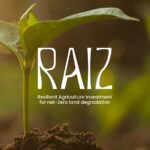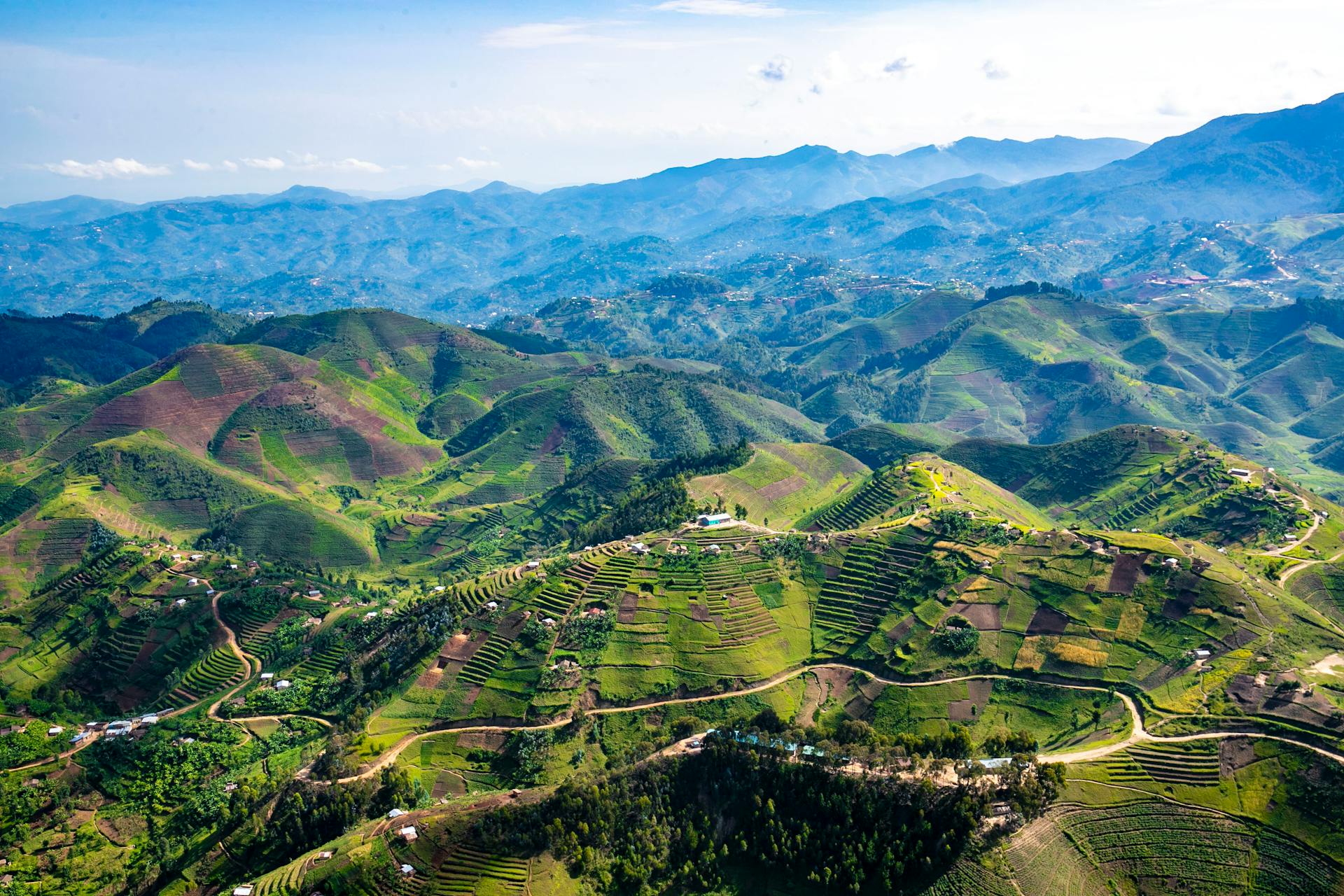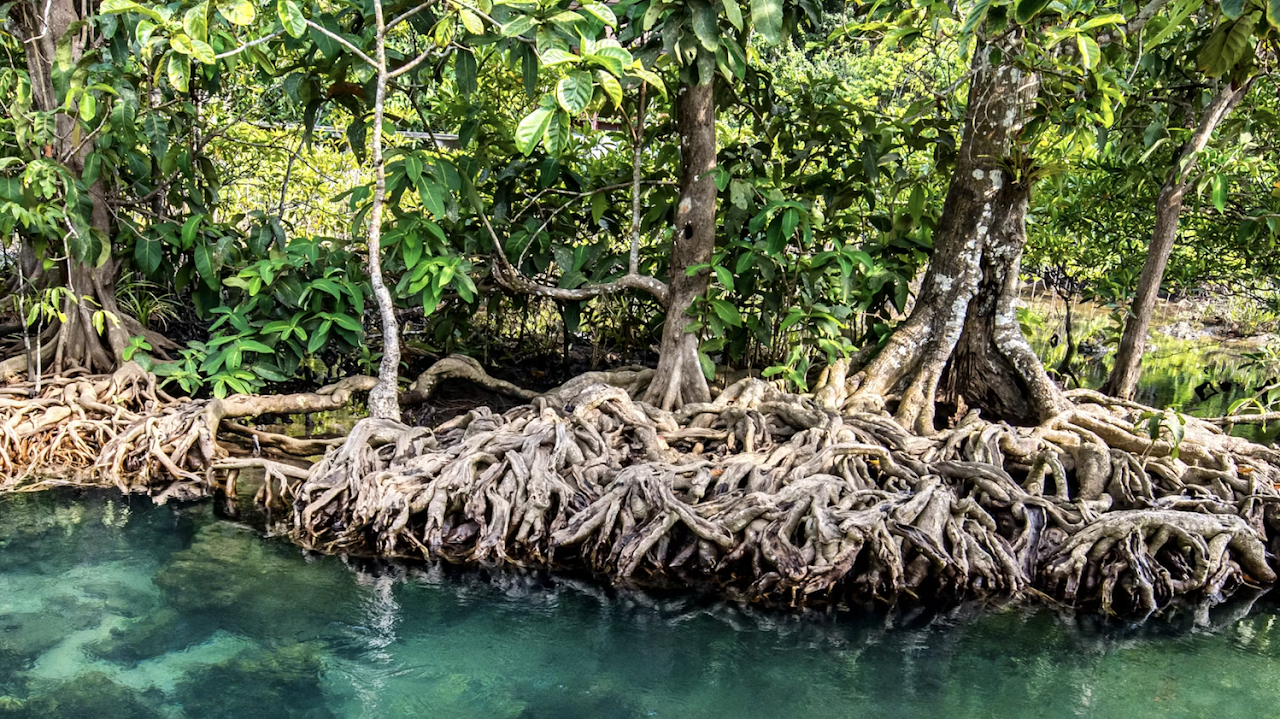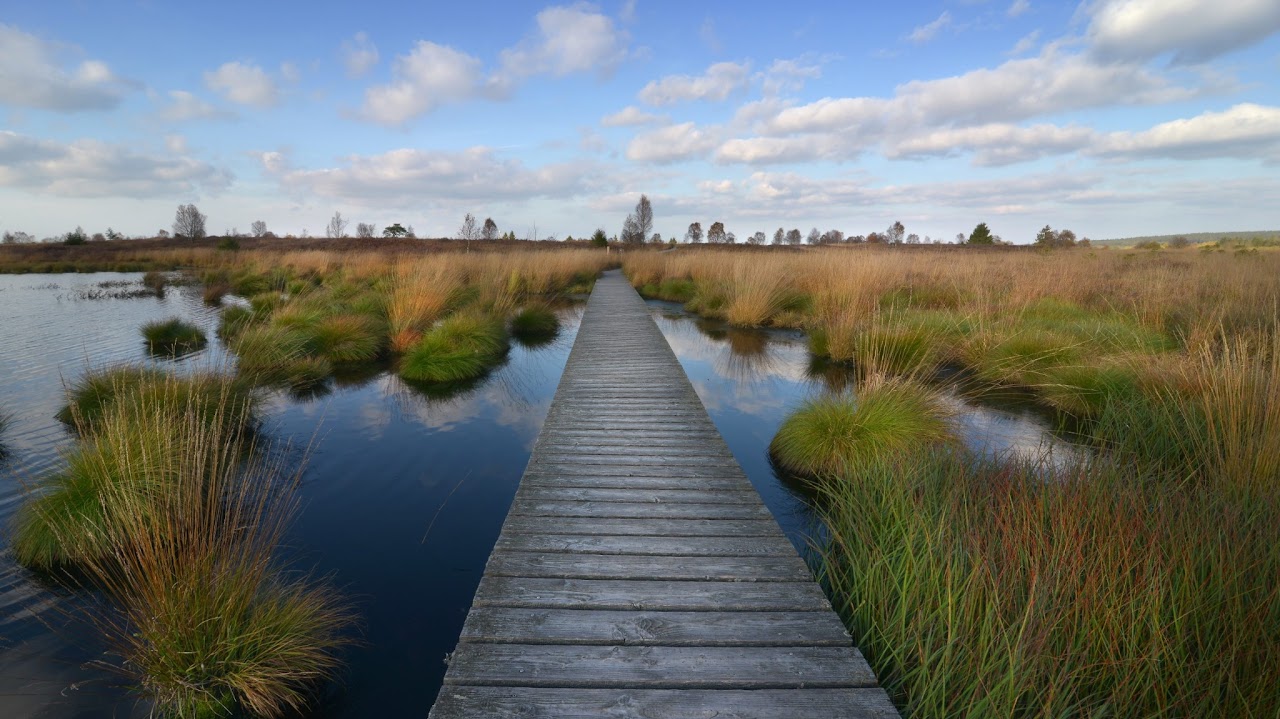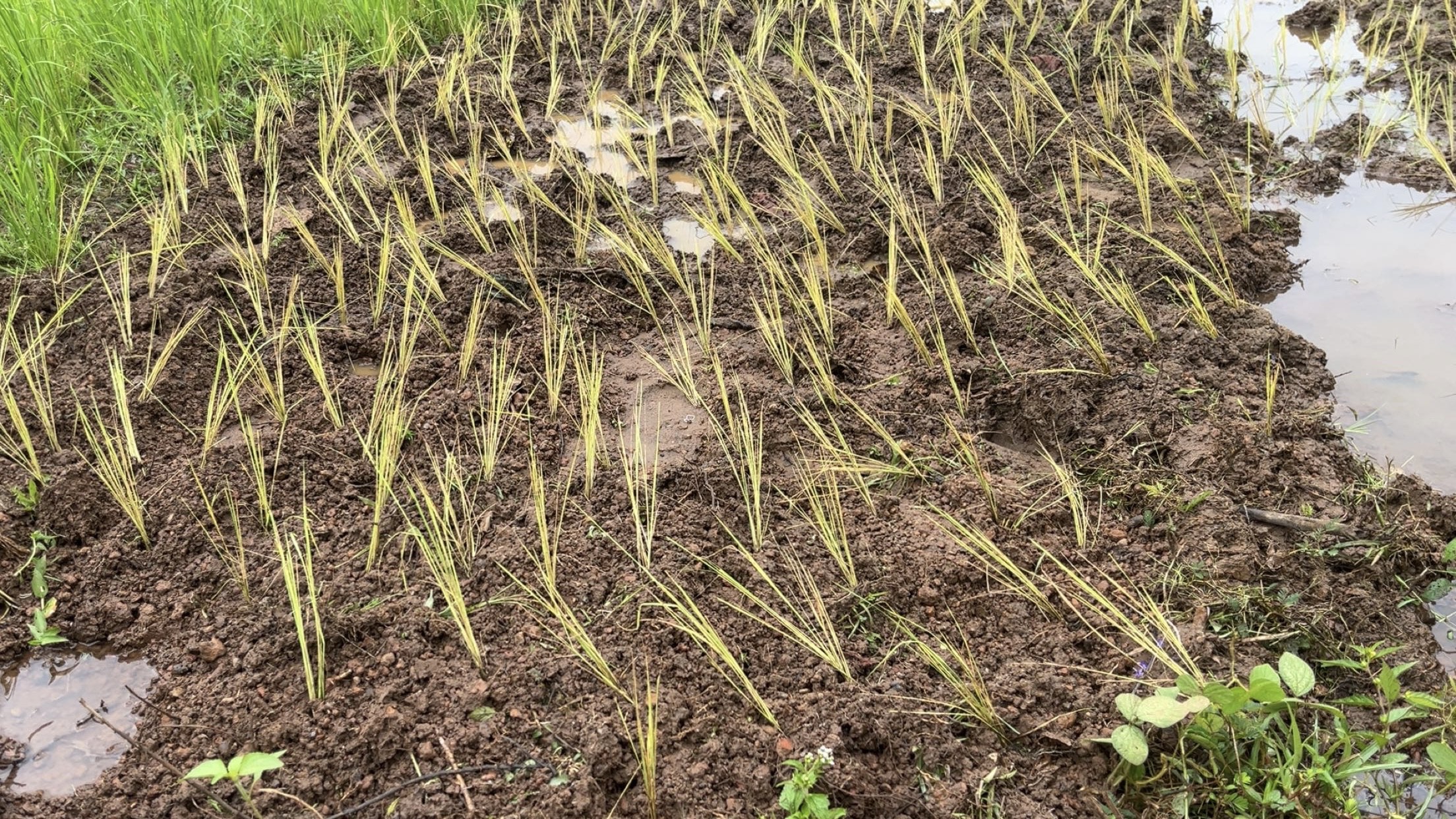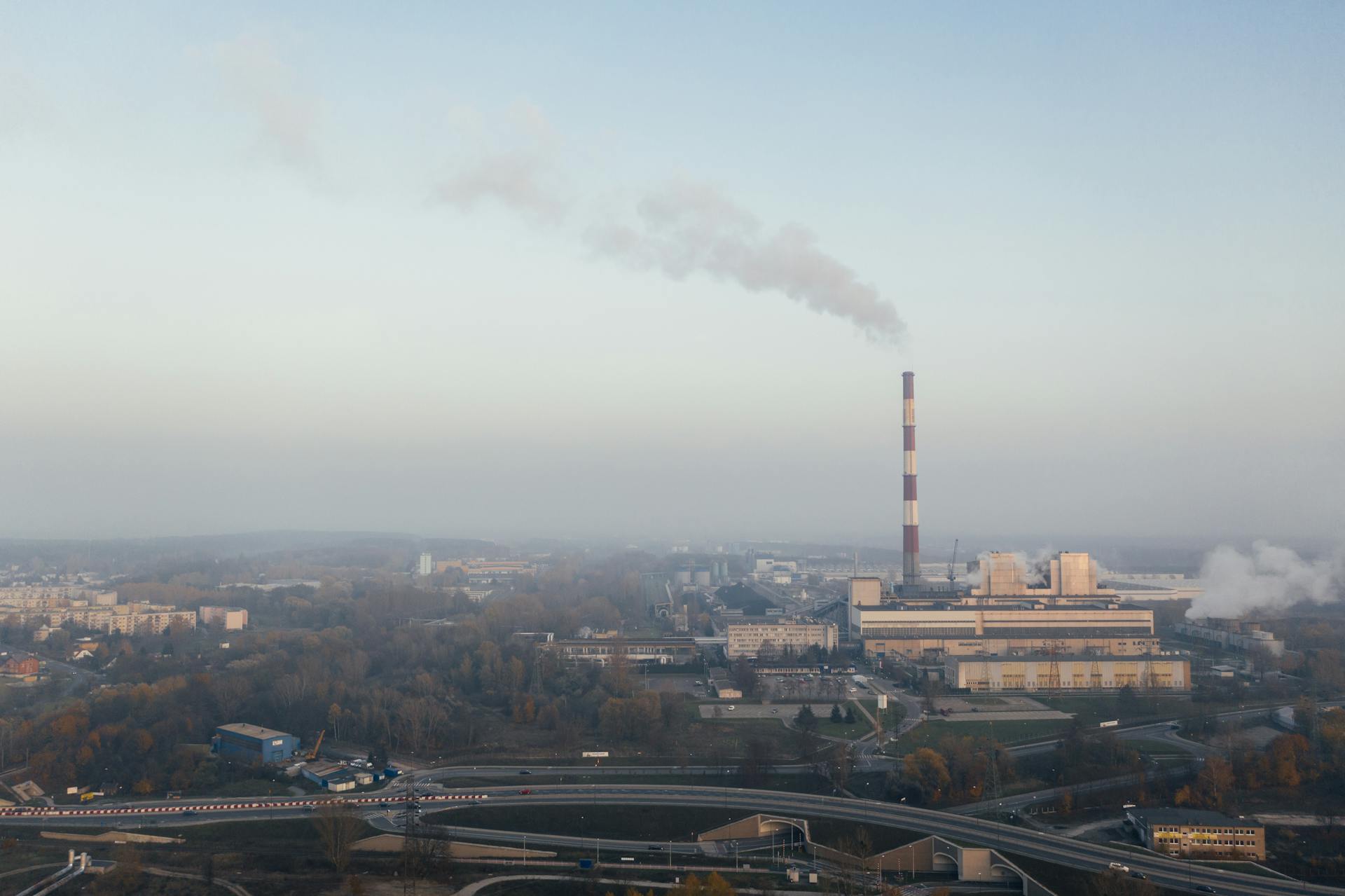Restoration Pavilion launches at UNCCD COP16, underscoring interconnection of faith, innovation and education
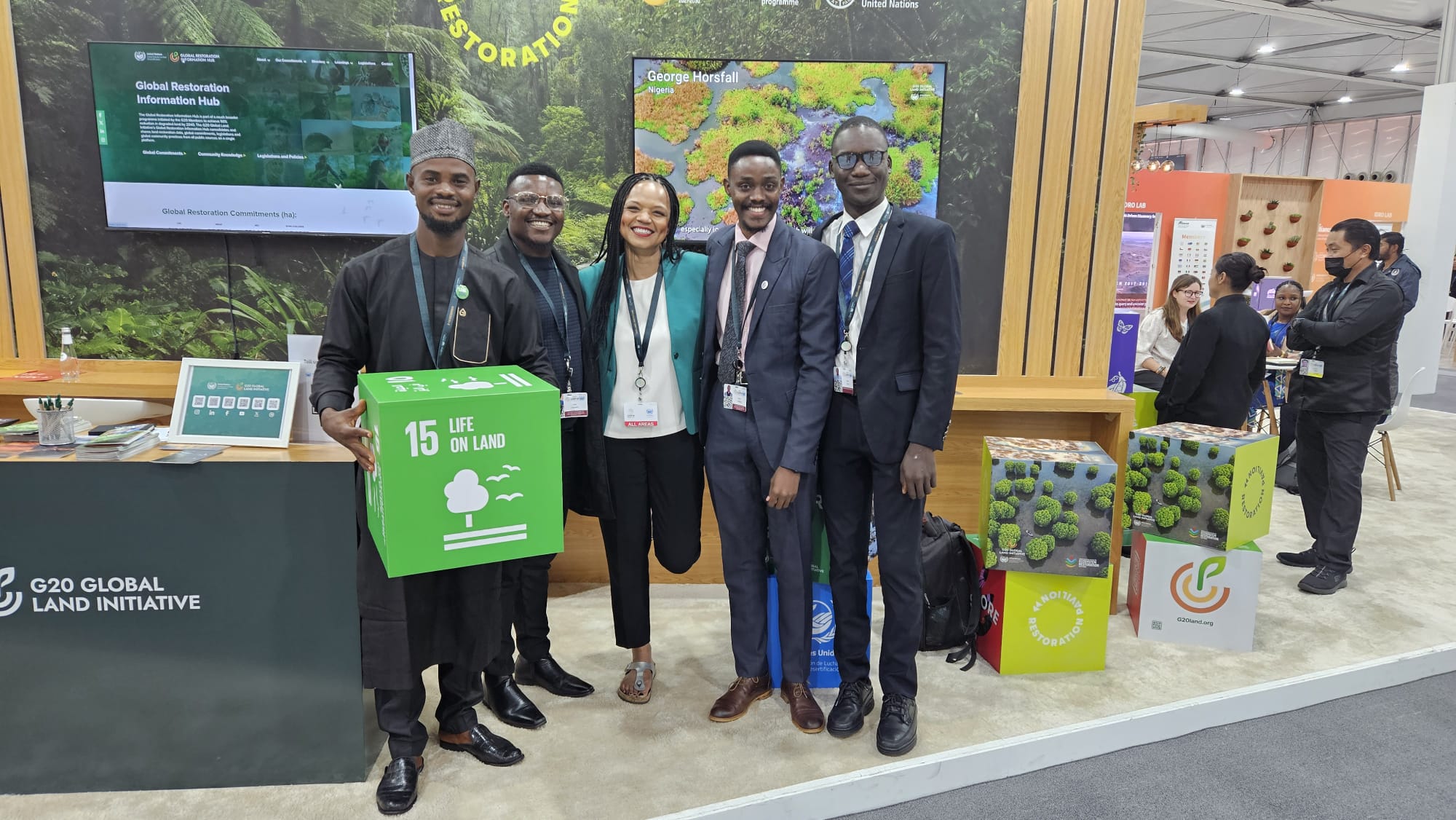
Lukwesa Burak with visitors to the Restoration Pavilion at the UNCDD COP16, in Riyadh, Saudi Arabia
Photo credit: UNCCD/G20 Global Land Initiative
The Restoration Pavilion at UNCCD COP16, organized by G20 Global Land Initiative (GLI), formally opened today, uniting global leaders, scientists, faith communities and grassroots innovators under a shared vision of restoring degraded lands and addressing the climate crisis.
Throughout the day, six key events illuminated recurring themes of faith-driven stewardship, collaborative innovation and the integration of soil and water health in fostering resilient ecosystems.
The day began with powerful faith stories of restoration, underscoring how diverse religious communities mobilize their networks to promote environmental justice and sustainable practices.
Leaders highlighted the spiritual dimensions of restoration, emphasizing that healing the planet begins with restoring humanity’s relationship with the natural world.
Another session delved into enhancing soil and water health, showcasing innovative strategies to integrate these elements into sustainable food systems. Experts stressed the urgent need for collaboration across global conventions, aligning climate action, biodiversity and land restoration goals.
The event highlighted the importance of empowering communities through faith and tradition, the roles of youth and women in driving the land restoration agenda and integrating science and policy.
During the panel discussion on innovative eco-tech intiatives, entrepreneurs from around the world shared:
- new technologies, including Internet-of-Things (IoT) -based soil monitoring for improved crop yields
- bamboo-based products addressing plastic pollution and soil regeneration
- nature immersion programs promoting conservation and mental health and
- industrial hemp for soil remediation and carbon-negative construction materials.
The event highlighted how innovation in agriculture, conservation and business can drive restoration, improve livelihoods and contribute to national GDP, setting the stage for broader impact discussions at the COP.
A dedicated session on GLI’s flagship education programme, Trigger Change! underscored the importance of empowering youth, leveraging indigenous knowledge and fostering partnerships between academia, policymakers and the private sector to achieve sustainable land restoration at scale.
Taken together the events reaffirmed the essential role of collective action, ethical leadership and sustainable innovation in restoring ecosystems worldwide.
The Restoration Pavilion will continue hosting events daily until 12 December 2024 from a dynamic platform to push the boundaries of dialogue and actionable solutions.

